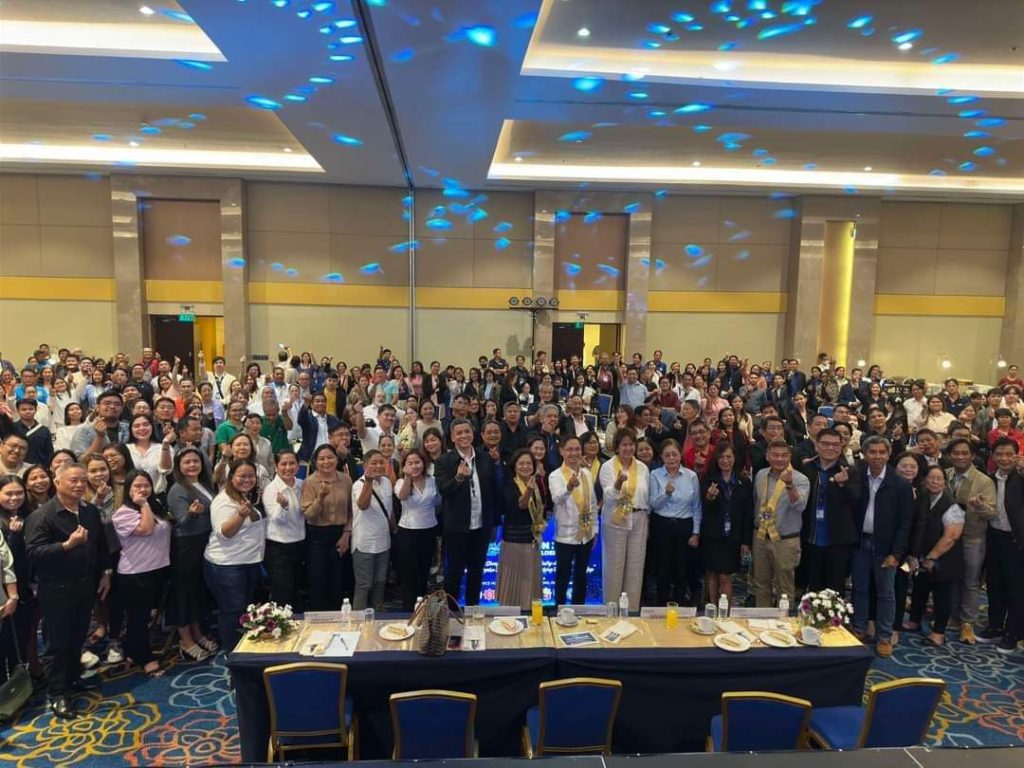
The Philippine government is intensifying its commitment to equip workers with essential industry skills through a newly announced collaboration between the Clark Development Corporation (CDC) and the Technical Education and Skills Development Authority (TESDA). The partnership was formalized on November 8 at the Royce Hotel and Casino, with CDC President and CEO Atty. Agnes VST Devanadera and TESDA Director General Jose Francisco Benitez signing a deed of usufruct.
The center, known as the Regional TVET Innovation Center (RTIC), will be funded with a P207.5 million budget from the Asian Development Bank (ADB) as part of the Supporting Innovation in the Philippine Technical Vocational Education and Training (SIPTVETS) program. According to Atty. Devanadera, the RTIC aims to bridge the gap between workforce skills and industry needs in high-demand fields.
“TESDA is very much alive. TESDA is the answer to the gaps that we have identified,” Devanadera stated. “This collaboration is crucial for creating a cohesive business ecosystem in Clark Freeport Zone.”
Set to offer training in Warehouse and Logistics Management and Big Data Analytics, the RTIC will house cutting-edge facilities, including intelligent warehousing, robotics labs, and incubation spaces for startups. The center will emphasize research, enterprise education, and workforce development, working closely with the Gonzalo Puyat School of Arts and Trades to ensure curriculum alignment with industry demands.
Secretary Benitez expressed TESDA’s mission to prepare Filipino workers for the complexities of modern industries. “We are committed to enhancing employability, productivity, and competitiveness to adapt to digital transformation and innovation, especially with the fourth industrial revolution,” Benitez said.
Located within the Clark Freeport Zone, the RTIC’s proximity to key sectors like logistics, manufacturing, and IT will foster hands-on training and industry connections for trainees. Additionally, the center’s climate-smart, sustainable design aligns with Clark’s goal of becoming a hub for technology and innovation. The initiative also includes support from local governments to broaden access, offering subsidies for transportation and targeted recruitment of trainees.
With the RTIC, the government aims to boost employment prospects in high-growth sectors, equipping Filipinos with the skills needed to thrive in an increasingly complex, competitive global market.




